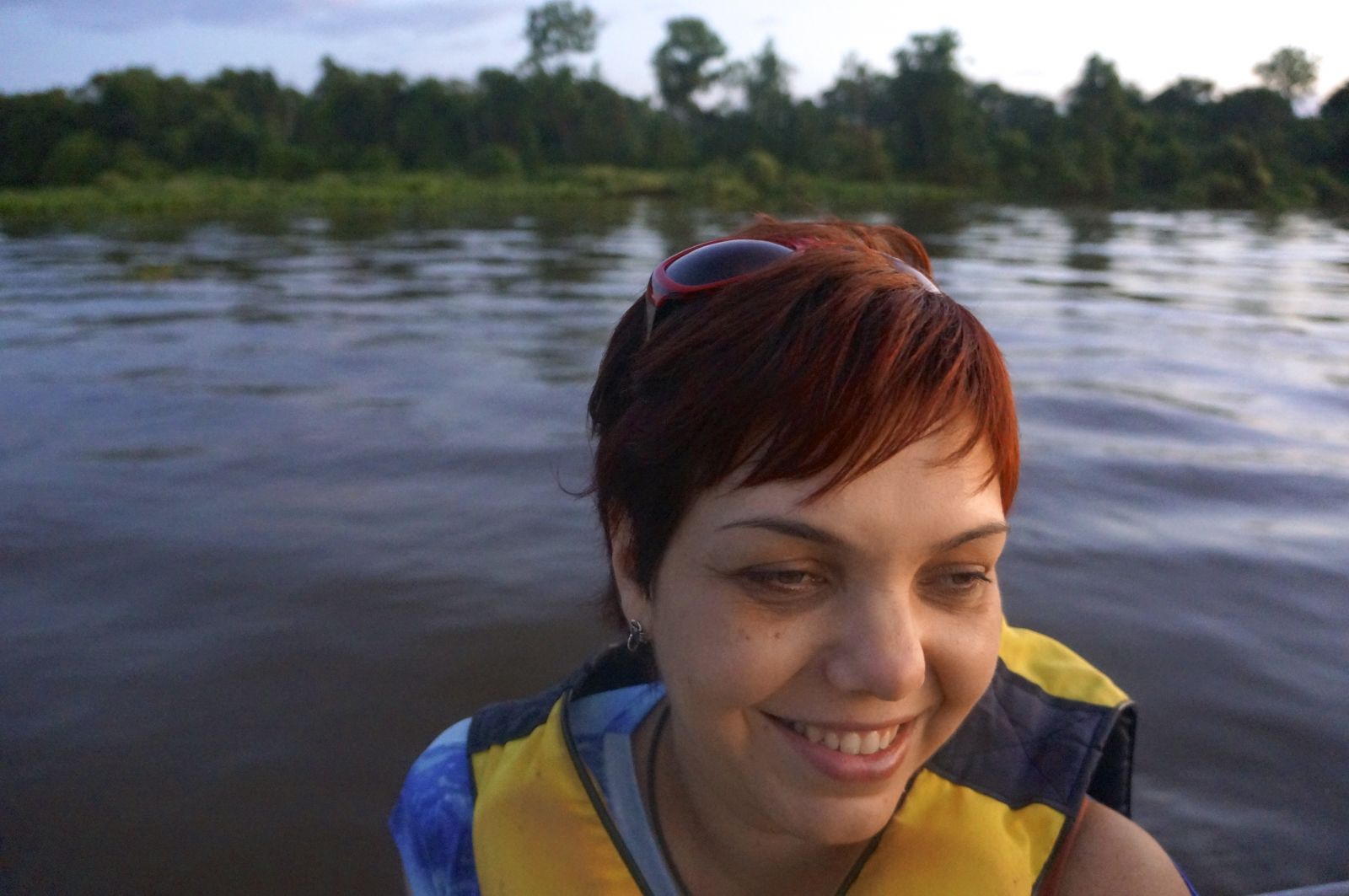
Rafaela Danielli Nicola: Environmental human rights defender
Rafaela Danielli Nicola fights for environmental justice in Brazil, confronting industrial impacts on communities with Forum Suape's advocacy for transparency and corporate accountability.
In the build up to the third UN Forum on Business and Human Rights, ISHR will publish a series of articles by key human rights defenders and experts in this field, before launching a special edition of its Human Rights Monitor on 1 December, in both English and Spanish. Click here to join our Spanish language mailing list.
Rafaela has been an environmental human rights defender for many years. Since 2013 she works with Forum Suape, a ‘social environmental space’ composed by NGOs (both local and international), researchers, grassroots associations, and indigenous communities.
The creation of this forum has been the ultimate response to a long-lasting story of struggles carried on by people worried about environmental and social issues in Brazil, and its main goal is to tackle the systematic human rights violations taking place, in particular, in Pernambuco State.
The current pattern of violations in this area, Rafaela explains, is the result of the construction in the early 80’s of the ‘Complexo Portuário e Industrial de Suape’ (CIPS). The CIPS is a major development scheme created by the Brazilian Government (without the consent of the local population), which has progressively given permission to an increasing number of private corporations – including extractive and mining companies, refineries and other highly polluting businesses- to build their facilities in a very vast area (13000 yards) which was originally inhabited by the local population.
‘Suddenly, local communities felt totally powerless. The region continues transforming so fast, that people do not know how to react to it.’
As the CIPS is source of great income for the state, the Brazilian government tends to prioritise the expansion of the private companies active in the area over the life and wellbeing of the population affected by the excessive industrialisation. Violations include land and property expropriation, forced displacement, and high pollution. The little value given to people’s rights face the priority given to business is the main reason why Rafaela chose to be an activist.
‘It may sound simplistic, but how can someone not be valued for its life? It is a violence in itself when indigenous are depicted as invaders while it clearly is the other way around.’
Despite the efforts of Forum Suape, defenders, journalists and the local population itself face a number of obstacles in pursuing their goals. The constant reluctance of the media to talk about issues such land expropriation and rights to land,, combined with a complete lack of transparency (e.g. the impossibility to access documents about impact assessment) and the refusal by companies to engage in a constructive dialogue with the civil society, undermines the impact activists can have on the ground.
In practice, Rafaela notes, the Brazilian government should create an integrated plan, and start taking into accounts the cumulative environmental and social impact of aggregated businesses. Also, it should engage in more dialogue with the locals, take into account their needs, and carry on decontamination plans. Social responsibility, corporate accountability and transparency are the keywords.
The activities carried on by Forum Suape represent a very important step to try and put an end to such issues. However, at the international level the visibility of these problems is still too low, and their gravity seem to be somehow underestimated.
‘International stakeholders should pay more attention to what is going on in South America. And especially the UN should really underline the fact that there is no lifestyle better than any other, and that individuals have the right to be able to keep their lifestyle face business expansion.’
